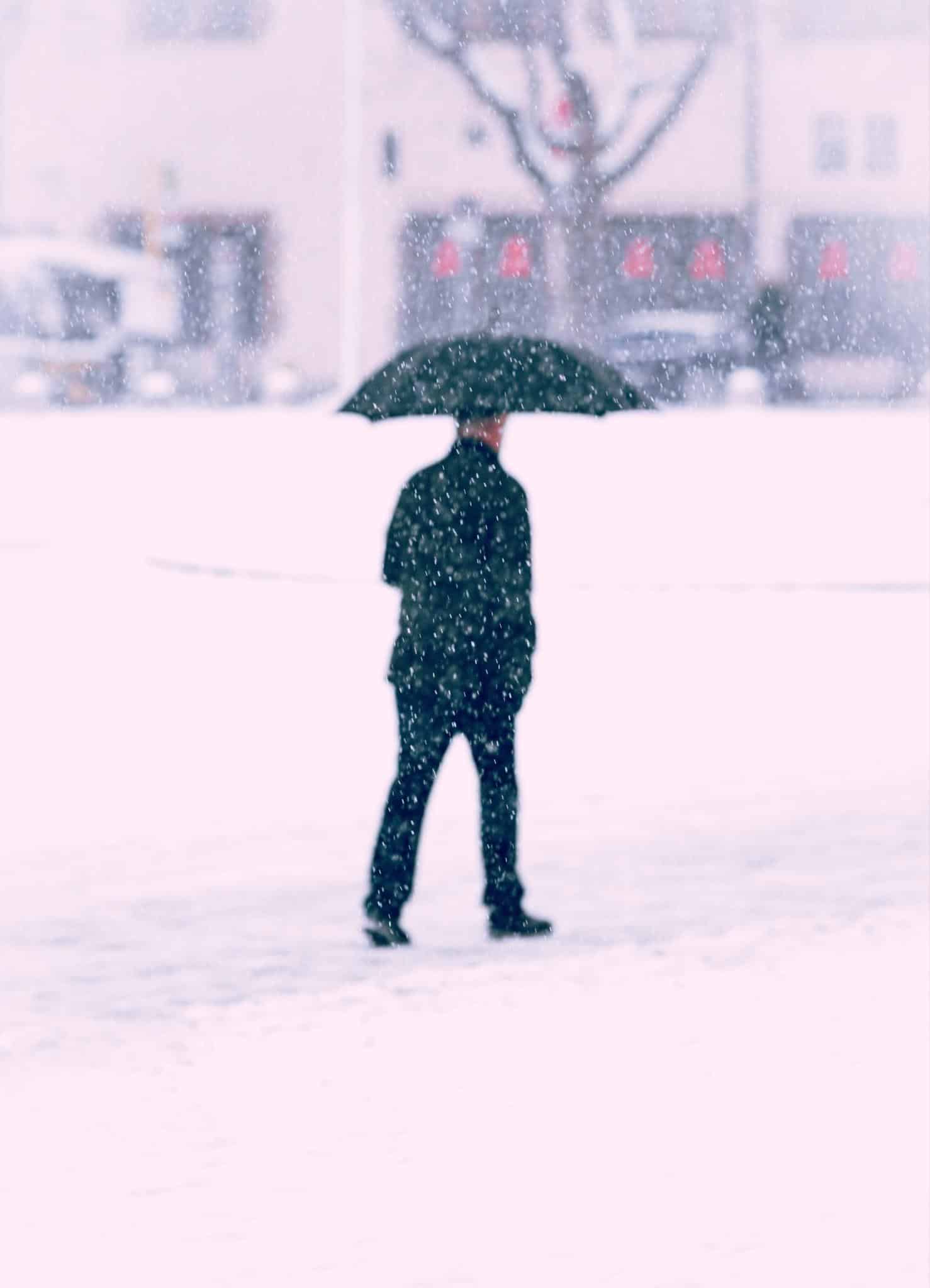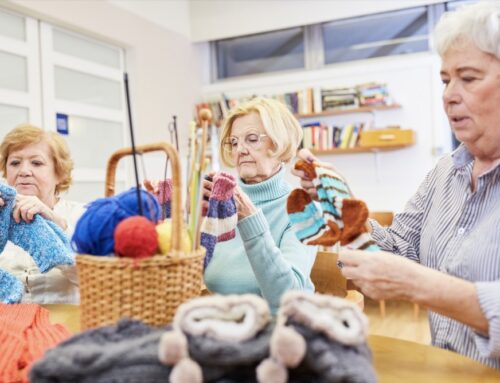With the drop in temperature comes a slew of health and safety concerns, especially for aging adults. The following is a list of things to keep in mind as we head into winter.
- The risk of hypothermia is highest among older adults. Studies show that half of Americans that die from hypothermia are over the age of 65. Seniors are more susceptible due to less fat, slower circulation, and a slower metabolism. What surprises many people is that seniors can suffer from hypothermia while being indoors, so it’s important to set the thermostat always above 65 degrees, but ideally right around 70 degrees. Be sure to dress in warm layers, even while indoors, but especially when venturing outdoors.
- Dehydration is just as concerning through the winter months as it is in the summer. Why? Seniors are especially prone to dehydration because they tend to eat and drink less, so they’re consuming less water on a daily basis. Another factor here is that people tend to feel less thirsty in the winter months and tend to skip drinking as much as they should. In addition, hypothermia can cause additional dehydration complications, so be sure you are drinking water on a regular schedule throughout the winter. If needed, track your intake daily and set alarms on your phone throughout the day to check in on how much you’ve consumed.
- Dangerous falls are more common in the winter. Ice and snow built up on sidewalks and stairs can become a serious problem for anyone, but especially seniors. Be sure to keep a snow shovel and ice melt on hand to ensure the walkways can be safely cleared and ice-free before attempting to get outside this winter. For extra precaution, install rubber footing on stairways, ensure there are adequate handrails on all stairs, and make sure you have study shoes with good grip on the bottom.
- Be prepared for the worst. Wintertime can bring with it fierce winter storms that can knock out power lines and confine people to their homes. Be sure you are equipped with an emergency preparedness kit with items such as flashlight, batteries, emergency blankets, matches, warm and waterproof clothing and shoes, and enough non-perishable food and water for at least 3 days.If you are on medications, be sure to always keep ample supply to get you through several days (but ideally 21-28 days). If you are on life-saving equipment that is powered by electricity, it would be wise to have a backup power source of some type. You should also call your power company and make sure your home is placed on their priority list to restore power to first in the event of an outage.
- Some heat sources bring additional risks along with them. For example, space heaters can become a fire hazard. Gas heaters can emit carbon monoxide, so it’s important to have functioning carbon monoxide detectors installed on each level of the home. Keep electric heaters in good working condition and ensure cords are not damaged or frayed. Keep them away from flammable materials like curtains or other cloth or paper items. Ensure all smoke detectors are functioning properly, as well.
- Be sure you have adequate clothing and equipment to get you through the winter. Waterproof gloves and boots, scarves, sweaters, hats, ear muffs, and heavy coats are a must-have to get you safely through the colder months. It is wise to have a backup set of winter gear, as well, because you should always stay dry. If something gets wet, you should go inside and change it to prevent a loss of body heat.
- It’s harder to get Vitamin D from the sun through the winter. Not only are the days shorter, but most people spend less time outdoors during the winter. This results in vitamin D deficiencies. Vitamin D is a vital nutrient that is linked to bone health, cancer prevention, diabetes prevention, and overall immune system function. Lacking this vitamin is bad for anyone, but can be especially detrimental for aging adults. Be sure you’re getting enough D-rich foods, such as milk, yogurt, fish, and beef. Talk to your doctor about supplementing vitamin D throughout the winter months and get outside as often as safely possible when the sun is shining.
- Ask for help. Even the most independent senior citizens should consider asking for help through the winter months. Having someone to clear your sidewalks, keep ice melt down, and even running errands in less-than-ideal conditions. Whether the help comes from family, loved ones, or a hired caregiver, it’s important to ask for help when you need it and take extra precautions throughout the winter months.
- Look after your mental health. Seasonal affective disorder (SAD) can occur for anyone throughout the dark winter months, but senior citizens seem to be even more prone to experiencing it. Signs you might be affected are loss of energy, increased appetite, lethargy, and fatigue. If you suspect you might have SAD, talk to your medical provider about treatment options.
Winter can be a joyful time of the year, but it’s also a time to take extra safety precautions to stay safe and healthy throughout the season.
If you are feeling overwhelmed with caring for yourself and worried about maintaining your home throughout the winter, it might be time to consider moving to an assisted living community.
Come experience the Regency Senior Living difference and experience our award-winning community for yourself.


 Schedule a Tour Today!
Schedule a Tour Today!



